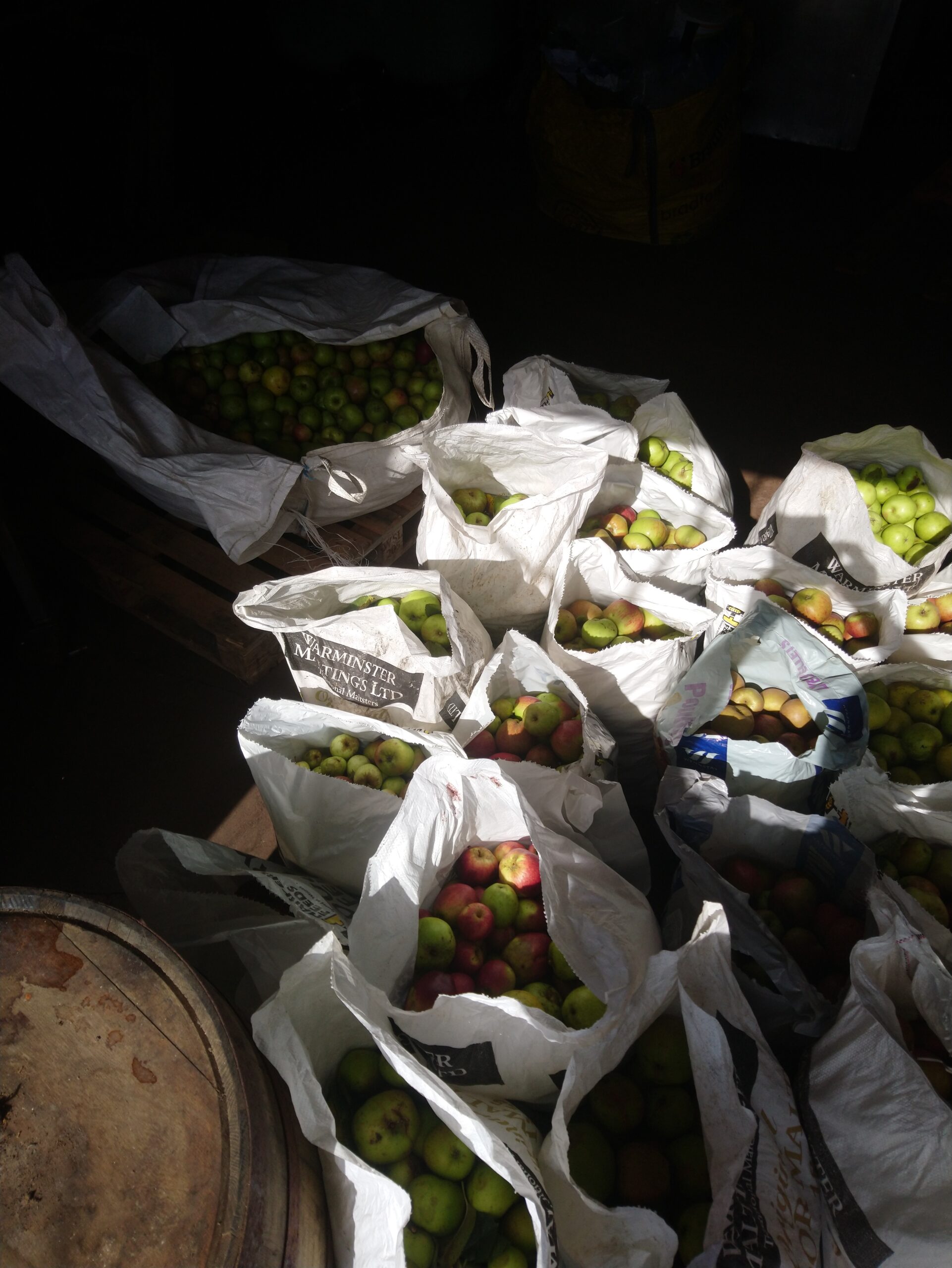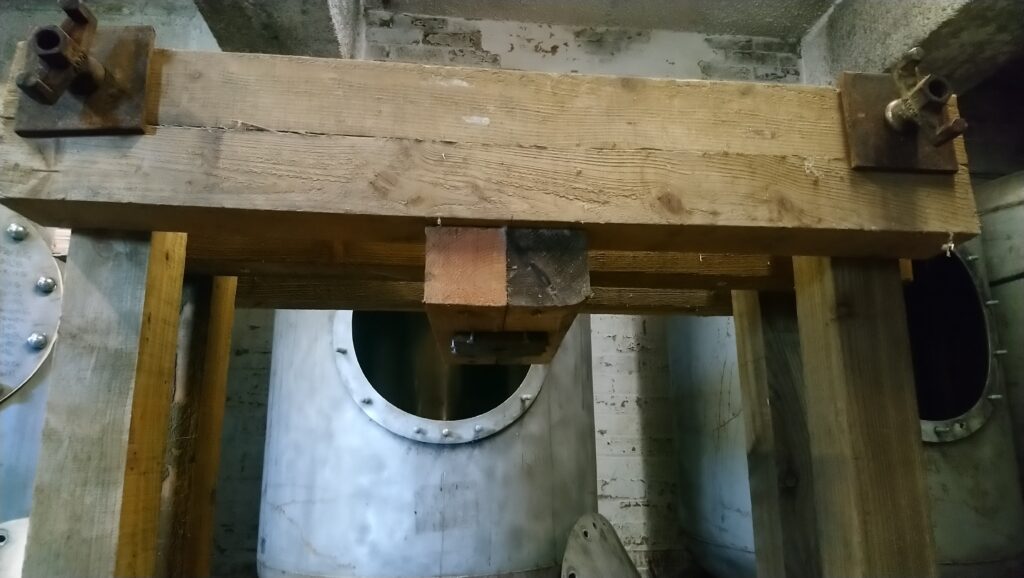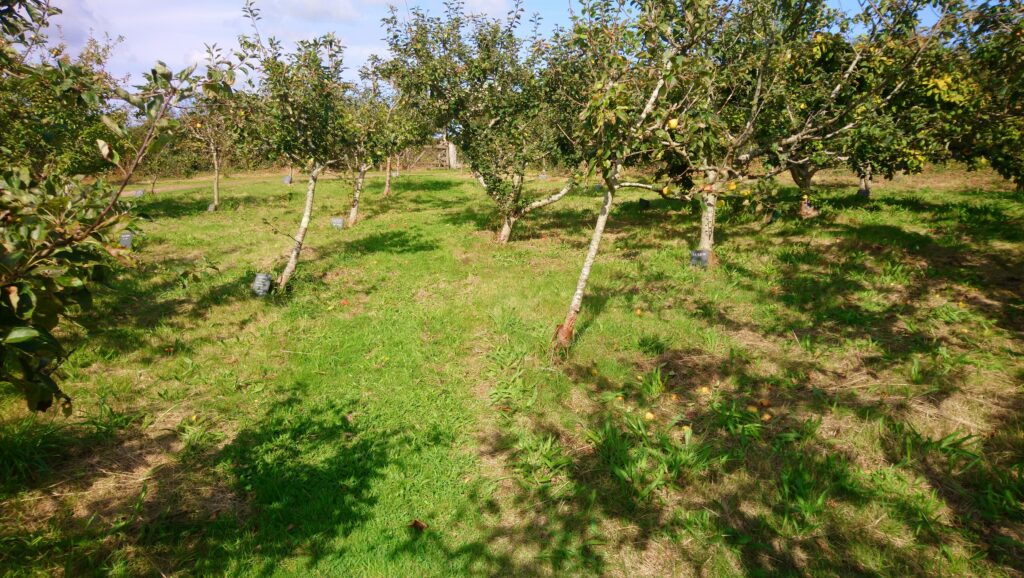Or, How Artisan Vinegar Will Save Dry January

Every autumn, the small team behind the Artisan Vinegar Company gather a few tonnes of apples for the production of Artisan Cider Vinegar. They press them into juice on a rustic, homemade wooden press. The technology is fundamentally ancient, but it still works pretty well! And as in days of old, the spent pomace doesn't go to waste — it feeds either the pigs or the compost heap.
The apples used come from several sources. First, there's the home farm, which has a few very old trees. These are believed to be mainly English codling. The limey-yellow codling — or codlin or quodling – is one of the oldest English heritage cooking apples.

Over 30 new trees have also been planted and are just starting to crop well. They are all Cornish varieties (you'll recognise some names from yesterday's article on Cornish apples): Tregonna King, Cornish Breadfruit, Manaccan Primrose, Cornish Aromatic, and Hoary Morning.
An old paddock of 30- or 40-year-old trees further out west in Cornwall, where the team clears fruit that would otherwise go to waste, offers another host of fascinating and unusual apples. None of them standard varieties: in fact, the varieties of most of them are unknown.

The team have found that a wild and wonderful mix of apple varieties gives the best cider. They like it to be dry as a bone and have a decent amount of tannin before it gets turned into vinegar and smoothed by months of barrel fermentation.
All this ferments into a dry cider of about 7% ABV. Cider is probably the slowest of the second-fermentations into vinegar that the Company undertakes – it takes a good few months. The cider vinegar then goes into oak barrels to mature for a year. This gives the vinegar a darker shade and rounds off its flavour with an oaky edge.
— Beatrix Swanson
Or, How Artisan Vinegar Will Save Dry January
The perfect accompaniments to hearty autumnal fare
A handful of store-cupboard ingredients turn a simple green vegetable into, frankly, an addictive substance

The Old Nuclear Bunker,
Pednavounder,
Coverack,
Cornwall
TR12 6SE
01326 281135
info@artisanvinegar.co.uk